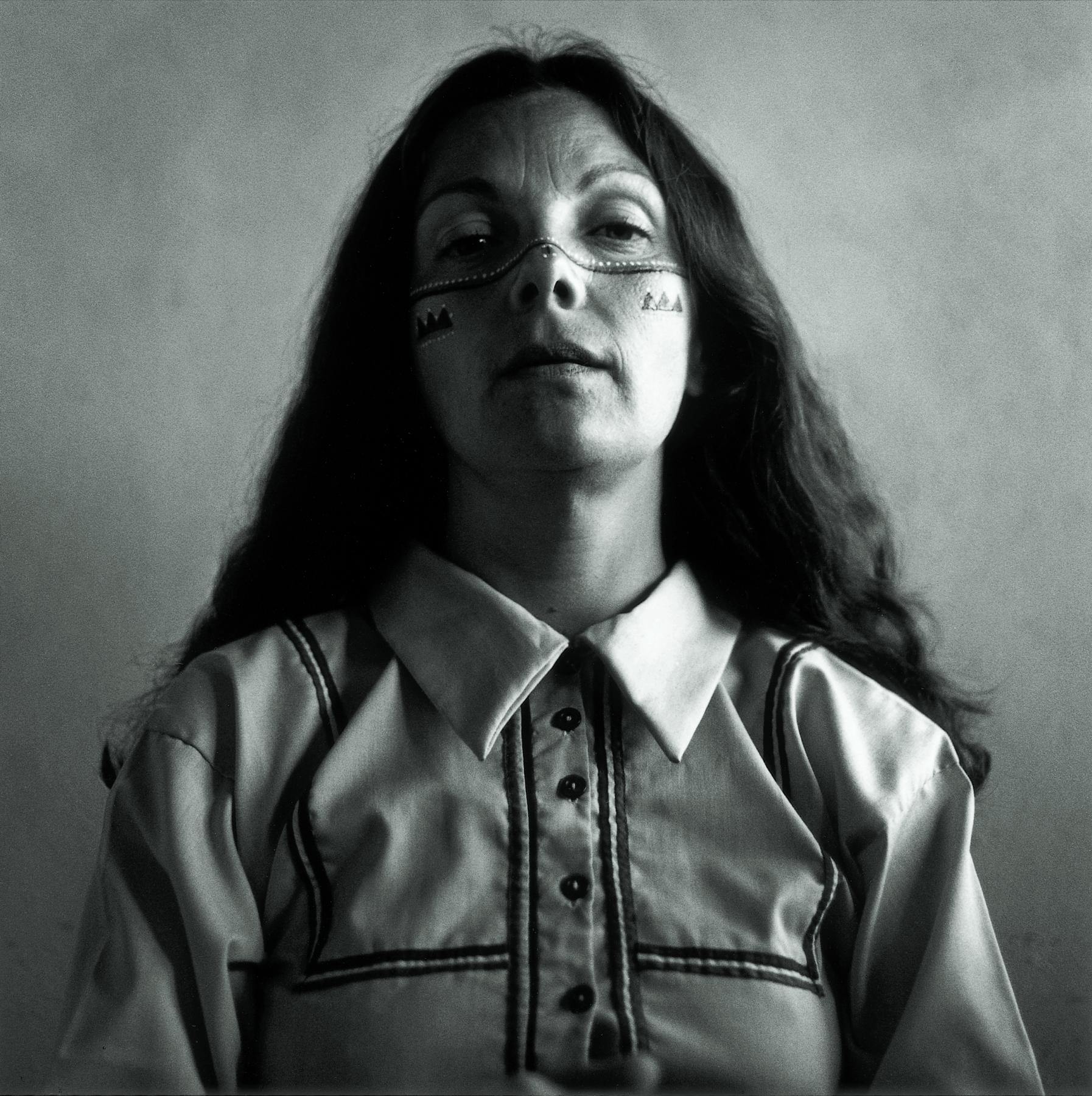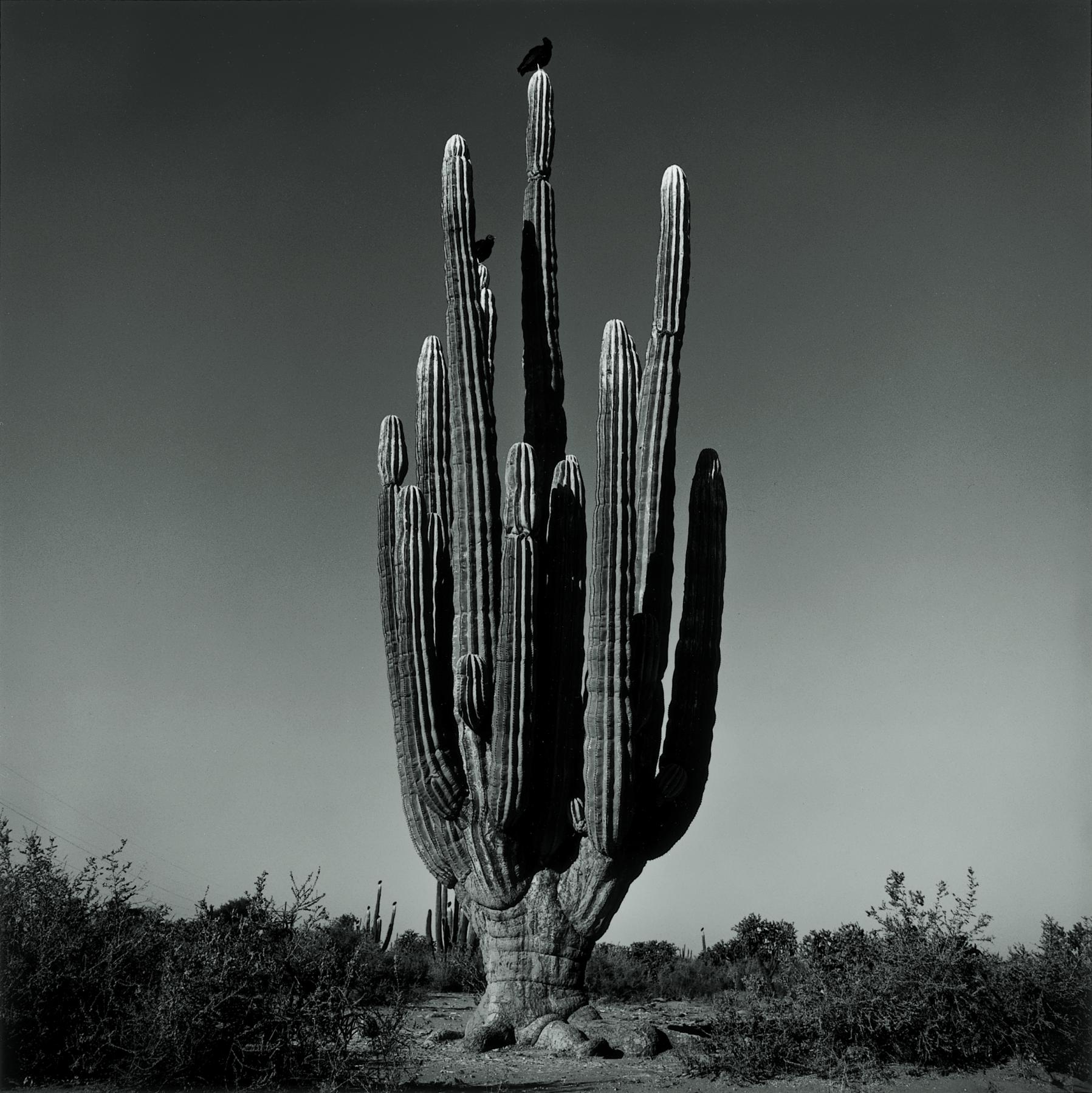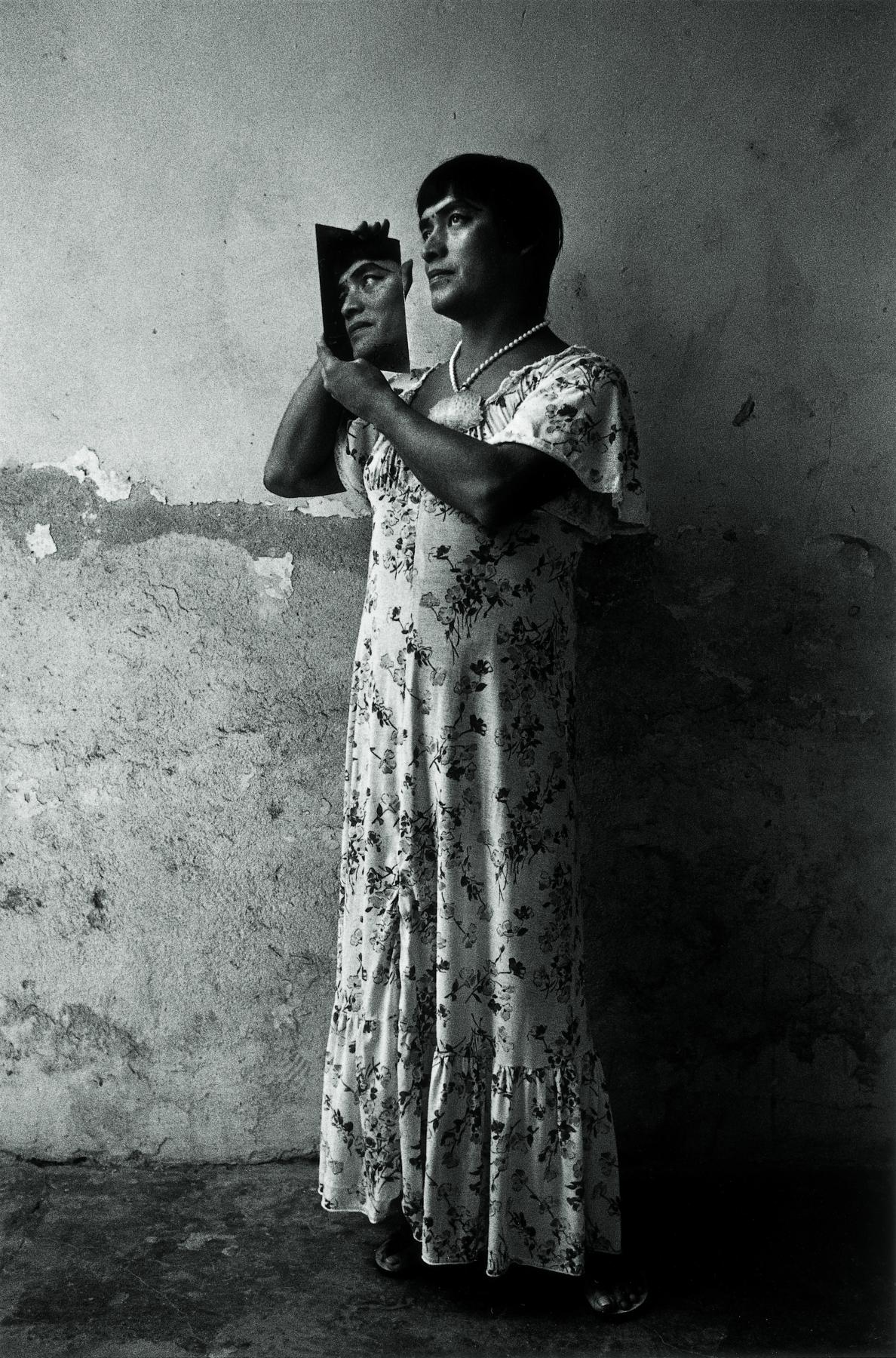Events
News
The International Center of Photography Presents Graciela Iturbide: Serious Play
visura team
Oct 15, 2025
Summary
The International Center of Photography (ICP) presents the first-ever retrospective of Graciela Iturbide’s work in New York, affirming her status as one of the most significant and influential photographers of the 20th- and 21st-centuries.
On View October 16, 2025-January 12, 2026
Public Opening October 16, 5–8 PM
The International Center of Photography (ICP) is proud to present the first-ever retrospective of Graciela Iturbide’s work in New York, affirming her status as one of the most significant and influential photographers of the 20th- and 21st-centuries. This landmark exhibition, organized in collaboration with Fundación MAPFRE and curated by Carlos Golonet, Chief Curator of Photography at Fundación MAPFRE, features nearly 200 photographs spanning five decades of her groundbreaking career.
“Graciela Iturbide has constructed a unique world of images that, based on both documentary narrative and poetic imagination, integrates lived experience and dreams into a surprising web of historical, social and cultural references,” said Golonet. “Beginning with participatory observation and then evolving into a continuous exploration of life, Iturbide’s photography is fundamentally a pretext for learning about the world.”
Born in 1942 in Mexico City, Iturbide enrolled at the Centro de Estudios Cinematográficos at the Universidad Nacional Autónoma de México in 1969, at the age of 27, to become a film director. Soon after enrolling, she was drawn to photography and was taught by the Mexican modernist Manuel Álvarez Bravo. From 1970 to 1971, she worked as Bravo’s assistant, accompanying him on various photographic journeys throughout Mexico. Iturbide has since travelled extensively, both within and beyond Mexico, using her camera as a tool to understand better the native cultures of Mexico, the quality and character of modernity, and the intimacies of her own life.
Although Mexico and its people—from remote villagers and farmers to artists and urban residents—have often been her primary focus, Iturbide’s photography also frequently explores the expressive potential of the medium itself. With a personal style that blends documentary and poetic elements to create a unique form of magical realism, Iturbide’s photographs have long been defined by their inventive yet subtle compositions and dramatic, intimate lighting. Whether of the landscape, the built environment or the people who have made it, her photographs affirm the potential of photography to make contemporary what is ancestral and to transform the familiar into something fundamentally new.
After working with Bravo, Iturbide began exploring Latin America, including a trip to Cuba and several to Panama. In 1978, the Ethnographic Archive of the National Indigenous Institute of Mexico commissioned her to photograph Mexico’s indigenous population. This commission resulted in one of Iturbide’s earliest projects, documenting the Seri Indians, a group of fishermen living a nomadic lifestyle in the Sonoran Desert in northwest Mexico, along the border with Arizona. Iturbide documented the fragility of their ancestral traditions as they struggled to preserve their way of life for future generations.
Iturbide’s attention to the particularities of communal life—while also exploring its mythic undercurrents—would be both replicated and expanded in her next series on the Juchitán people, who form part of the Zapotec culture native to Oaxaca in southern Mexico. For nearly a decade, from 1979 to 1988, Iturbide documented the local customs and traditions of a community where women occupied central roles, portraying them without prejudice or stereotype and instead locating the importance of ritual in everyday life.
Throughout her career, Iturbide has focused on the interaction between nature and culture, describing the many ways that the landscape can take on symbolic meaning. More than a setting or backdrop, the landscape is understood as the ground upon which meaning is created and out of which history is formed, a fact she discovered while travelling through Mexico and the United States, from Spain to Italy and India to Bangladesh. Intimate expressions of this conviction can be seen in a myriad of series, from her botanical photographs to her documentation of local festivals and religious ceremonies, each seeking to connect with the past by animating the present. Iturbide has channelled this fascination with time and the landscape into her series of self-portraits, the most recent photographs included in the exhibition.
The expansive scope of Serious Play is informed by Fundación MAPFRE’s long history of both collecting and championing Iturbide’s work—among the earliest acquisitions by the MAPFRE collection when it formed in 2008 and still the biggest collection of her work outside Mexico—a project that aligns with ICP’s own mission of supporting socially concerned photography. By bringing together photographs from the entirety of her career, the exhibition provides ample opportunity not only to assess the full extent of Iturbide’s achievement but also to discover how her work will continue to shape the future of photography.
Bob Jeffrey, Chief Executive Officer at ICP, said, “Graciela Iturbide is without doubt one of the very best photographers, and an inspiration to younger image makers in Mexico and around the world. Iturbide’s retrospective at ICP is a wonderful opportunity to appreciate the full depth and breadth of her achievement.”
About Graciela Iturbide
Graciela Iturbide is known for her black-and-white images of the local communities in her native Mexico. In 1979, she published Juchitán de las Mujeres, a book of photographs that inspired her lifelong support of feminist causes. Iturbide has photographed in the Sonoran Desert and Juchitán de Zaragoza (Mexico), as well as in Cuba, Panama, India, Argentina, and the United States. Born in 1942 in Mexico City, Mexico, she studied film at the Centro de Estudios Cinematográficos of the Universidad Nacional Autónoma de México in 1969, where she was influenced by the acclaimed Mexican photographer Manuel Álvarez Bravo. She has received several awards, including the Hasselblad and the William Klein Award. This year, she received the Premio Princesa de Asturias 2025.
About Carlos Gollonet
Carlos Golonet (b. Granada, 1962) holds a degree in Art History from the University of Granada and is a career civil servant at the Granada Provincial Council, where he served as Director of the Publications Department for twenty years. At the same time, he has developed a career as an independent photography editor and curator. In 2007, he began collaborating with Fundación MAPFRE to create a photography collection and develop an extensive photography program. He is currently the Chief Curator of Photography at the institution. Throughout his professional career, he has held other positions of responsibility, such as Provincial Delegate for Culture in Granada. Since the early 1990s, he has curated more than thirty photography exhibitions and catalogues dedicated to figures such as Helen Levitt, Richard Misrach, Hiroshi Sugimoto, Lee Friedlander, Garry Winogrand, Harry Callahan, Nicholas Nixon, Abelardo Morel, Martín Chambi, Fazal Sheikh, Dayanita Singh, Emmet Gowin, Bruce Davidson and Carlos Pérez Siquier, among others. He is currently working on a retrospective of the American photographer Minor White. He has published numerous books, articles, and essays in various publications. He is regularly invited as a speaker, lecturer, and jury member for multiple photography awards, including the Spanish National Photography Prize (twice) and the Cartier-Bresson Award in France, among others. In 2010, he received the EntreFotos Award for his contributions to photography.
About Fundación MAPFRE
Fundación MAPFRE is a nonprofit organization created by MAPFRE in 1975 to promote the well-being of society and citizens across the company’s footprint. Active in 30 countries, Fundación MAPFRE focuses on five key areas: Road Safety and Accident Prevention, including fires, home accidents, and drownings; Insurance and Social Protection; Culture; Social Action; and Health Promotion. Please visit https://www.fundacionmapfre.org/en/ for more information about Fundación MAPFRE. Exhibition Support Exhibition organized by Fundación MAPFRE in collaboration with the International Center of Photography. Exhibitions at ICP are supported, in part, by Caryl Englander, Almudena Legorreta, ICP Board of Trustees, and Blanchette Hooker Rockefeller Fund, with public funds from the New York City Department of Cultural Affairs in partnership with the City Council and the New York State Council on the Arts with the support of the Office of the Governor and the New York State Legislature.
About The International Center of Photography
The International Center of Photography (ICP) is the world’s leading institution dedicated to photography and visual culture. Cornell Capa founded ICP in 1974 to champion “concerned photography”—socially and politically minded images that can educate and change the world. Through exhibitions, education programs, community outreach, and public programs, ICP offers an open forum for dialogue about the power of the image. Since its inception, ICP has presented over 700 exhibitions, provided thousands of classes, and hosted a diverse range of public programs. ICP launched its new integrated center at 84 Ludlow Street on Manhattan’s Lower East Side in January 2020. ICP pays respect to the original stewards of this land, the Lenape people, and other Indigenous communities. Visit icp.org to learn more about the museum and its programs
207




